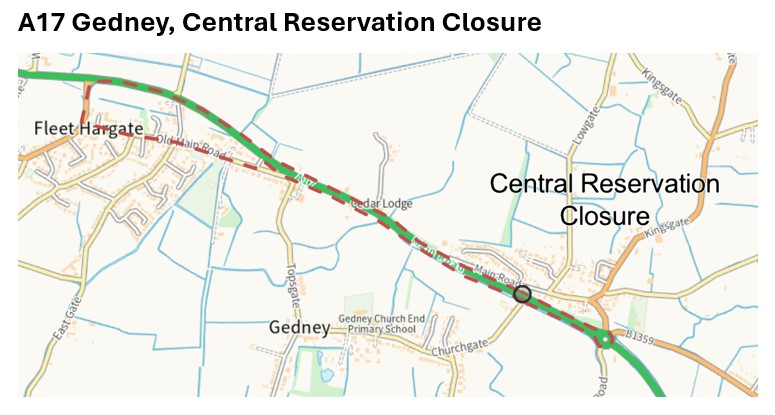More than half of Lincolnshire’s biggest businesses have highlighted a lack of skills as being a problem in the region.
In the study by business and financial adviser Grant Thornton UK LLP, more than a third of businesses also said the county’s transport and infrastructure systems must improve if they are to continue to grow.
Some 53 per cent of businesses believe the region’s talent pool is lacking and say this is a problem.
Richard Blackmore, CBI East Midlands Director, said: “People and their skills are one of the biggest drivers of growth for our country and these figures go to show how important they are to businesses in the East Midlands.
“On average, almost a third of businesses across Leicestershire, Lincolnshire and Nottinghamshire told us that recruiting the right people for their business is also a big barrier to growth.
“Companies are committed to attracting and developing people, and here in East Midlands, we work closely with schools and colleges to inspire young people.
“What’s vital for addressing skills gaps is getting technical education right, which is why business is positive about the new T-Levels (the government’s proposed technical qualifications due to be introduced in 2018) and working closely with
the Government to help design these.”
But the study shows more must be done to make Lincolnshire a “desirable place to live and work” say 33 per cent of businesses surveyed.
A spokesperson for South Holland District Council said: “We are fully aware of the need for improved infrastructure and training both in the county and at district level, and we are actively working on a number of projects to help achieve this.
“These include the new Peppermint Junction, which will vastly improve access to the A17. Further improvements to the A17 near Long Sutton are also in the pipeline.
“The forthcoming Food Enterprise Zone in Holbeach will create 59,000sqm of new business space, support over 2,000 jobs and create career opportunities across many different industries.
“We are also working to bring local businesses, colleges and schools together to identify and develop training courses that are closely aligned to the skillsets that industry will require in the future.”







